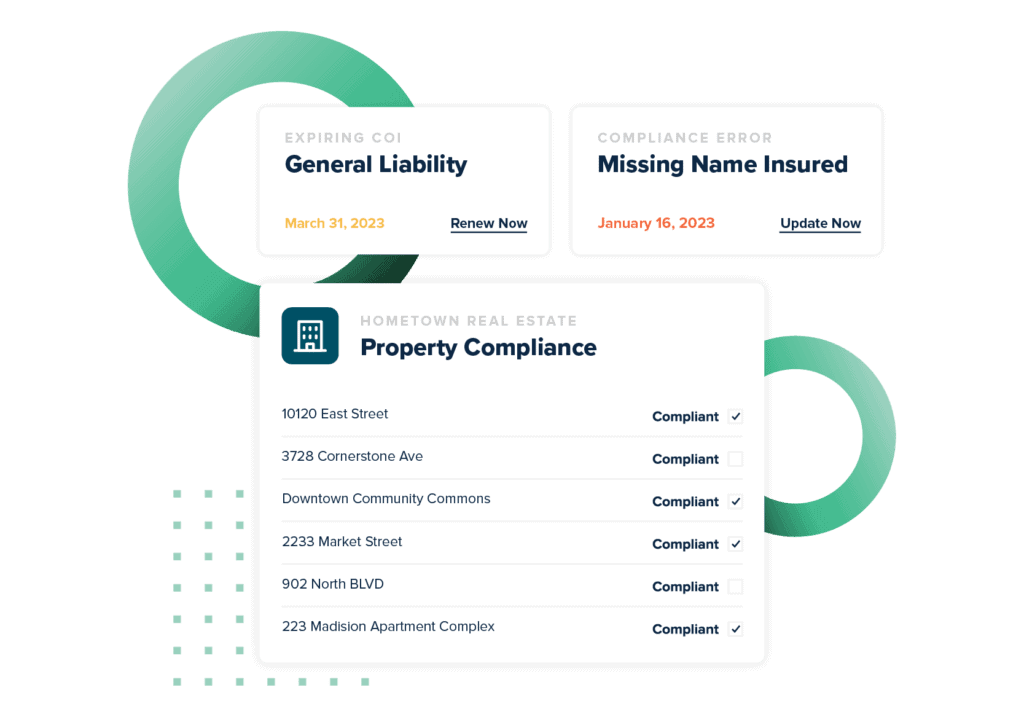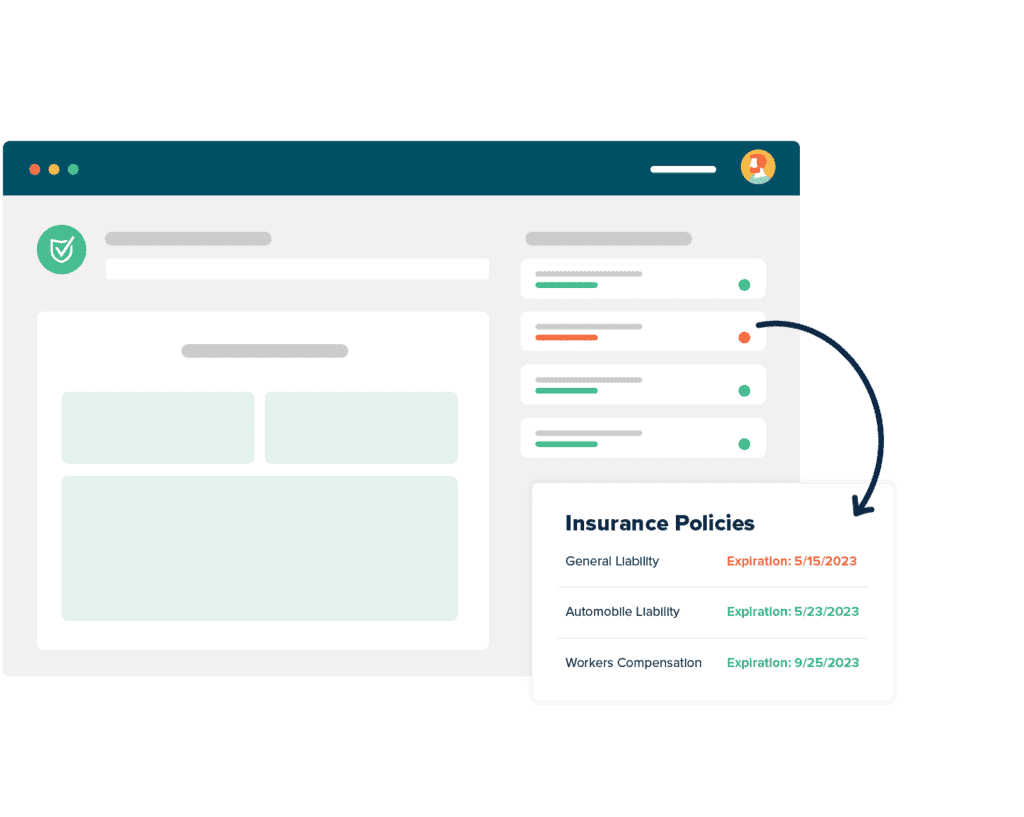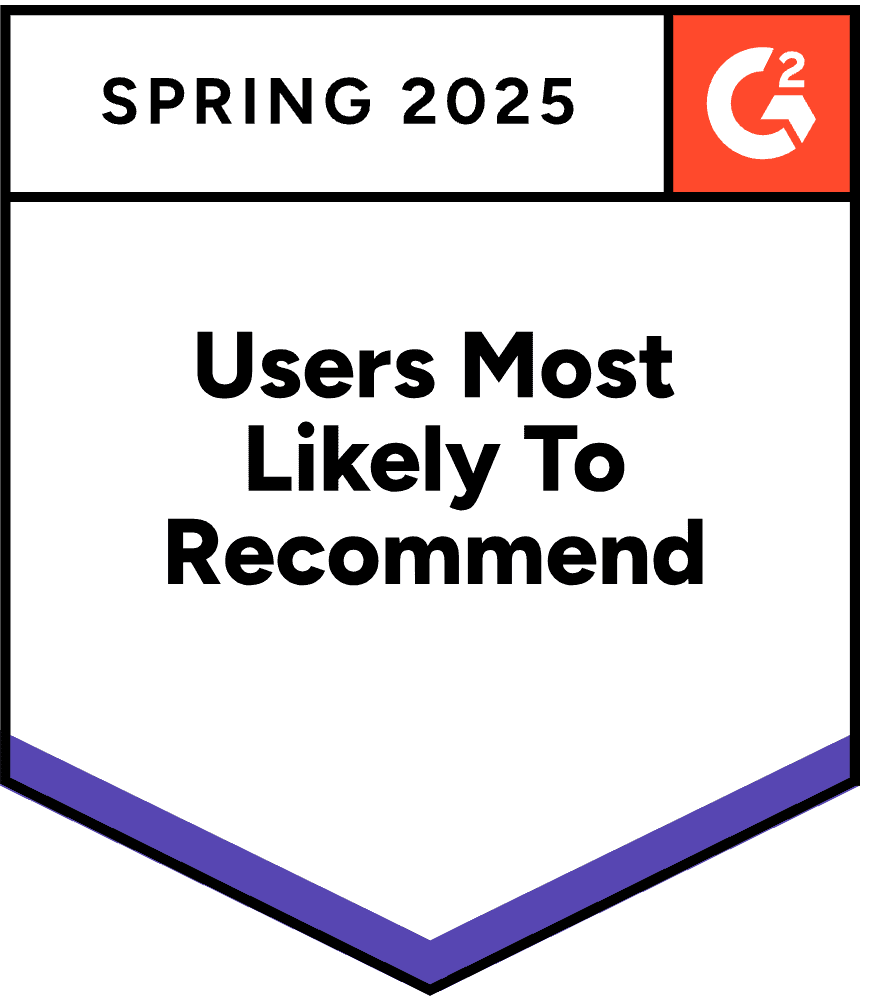Best Certificate of Insurance Tracking Software

Protect Your Business From Costly Claims
Ask your CFO or Risk Manager just how much claims and lawsuits can cost your business. If you are collecting certificates just to confirm they were received, you have no guarantee that your requirements are being met. myCOI Central is built on a foundation of insurance industry logic to ensure you remain protected with the appropriate coverage.
Automate Your COI Tracking
There’s no more need to worry about stacks of certificates cluttering up your office or hours of frustrating phone calls and emails to chase down certificates. myCOI Central provides your company with a solution to automate your insurance certificate requests, collection, and compliance resolution, while also giving your team a single, centralized repository to view compliance.


For Agents & Brokers
Win business and boost retention by providing agency branded, industry leading insurance tracking software to your insureds. Offer software only or add on your own compliance review services.
What Are The Benefits of COI Software?
View all CasesCertificate Of Insurance Compliance Platform
When you’re a company that works with hundreds or even thousands of contractors, vendors, or other third parties, a certificate of insurance compliance platform or other COI tracking solution is almost a necessity. Most companies find that general insurance software just doesn’t cut it when it comes to certificates of insurance. It’s not that those software solutions are bad solutions, it’s just that tracking, managing, and verifying COIs is not what they’re built for.
The requirements for a successful COI tracking and compliance are probably what you’d expect: it must be able to accept a large number of certificates of insurance in a repeatable way. It must be able to recognize the values on those COIs and compare them to the standards your company insists upon for its third parties. It must offer a scalable method of helping you verify the coverage listed on the certificates. And the best solutions do a lot more than that.
At myCOI our combination of software and insurance experts is unbeatable. Our insurance compliance platform can process your COIs, and our team can help you make sure your compliance rating is as high as it can be. Add in our quarterly verification of policy details, and your risk management team will get so much time back to invest in your business you won’t be able to believe it. We make certificate of insurance compliance easier.
Certificates Of Insurance Best Practices
Certainly the phrase “certificate of insurance best practices” is a loaded term. There are so many angles to come from that any list of best practices that aims to be complete is almost sure to miss the mark. We can make an attempt, though, from our experience, but you need to be reminded at the outset that best practice can, and should be, modified to suit your company’s specific needs.
First, certificates of insurance should be created by insurance agents and brokers. The ease with which anyone can download fillable PDFs of certificates now means that the potential for COI fraud from third parties has never been higher, which makes keeping your verified compliance rating high is more critical than ever.
Certificate of insurance management, and knowing how to track certificates of insurance, are skills and tasks best suited to a risk management team, or sometimes a small group or person in the counsel’s legal department. There’s a lot involved in this kind of tracking, as we’ll cover below, and the distance between the work that needs to be done, and the amount of time and headcount often assigned to do it is what makes COI tracking solutions like myCOI so critical.
Best Certificate Of Insurance Tracking Software
The competition for best certificate of insurance tracking software is fierce, and we’d be being dishonest if we didn’t say you need to choose the right solution for your company. Obviously, at myCOI we believe we are the right solution nine times out of ten, but we don’t fit every company, and that’s okay. Certificate tracking online could be a critical part of your business no matter what solution you use, whether that’s a full managed partner solution or a simple COI tracking spreadsheet.
You’ll need to define what “best” means for your business. Is it the least expensive? That depends on how you measure cost. In pure dollars, a free COI tracking software may work, but is it reliable? Do its developers offer support? Are there regular product updates coming out? If not, check it carefully to make sure it isn’t out of date.
Is “best” the least of your precious person-hours consumed by tracking certificates of insurance? Then a managed solution like myCOI offers may be best. Our team of insurance professionals know what they’re looking at, and they’re experts in making sure your certificates are promising what they say they do, that they meet your business requirements for coverage, and our quarterly verification makes sure the coverage stays in effect.
Which Vendors Need A Certificate Of Insurance
If you’re a contractor or business asking which vendors need a certificate of insurance, the answer is pretty simple: any vendor that enters your business premises and takes any actions that may generate any risk at all needs to give you a certificate of insurance.
The next question, who needs to provide certificate of insurance, has a somewhat complicated answer. Certificates should be issued by the insurance agent or broker; no third party should be filling their own out. But it’s acceptable, even likely, that the third party will deliver the issued COI to the requesting party.
Knowing how to request a certificate of insurance from a vendor likely comes down to how your business works with vendors. In many cases, COIs with the required coverages are required as part of the vendor application process or were specified in the RFP, or in an agreement or contract. If not, it’s often a requirement before the vendor can begin working.
If you deal with a lot of vendors, you can often save a lot of time by having a sample letter requesting certificate of insurance from vendors on hand.
How To Organize Certificates Of Insurance
Knowing how to organize certificates of insurance for tracking is a necessity for any company that hires third parties such as contractors or vendors. A certificate of insurance tracking solution allows businesses to track certificates of insurance.
One of the most common mistakes that businesses make is not keeping accurate records of certificates of insurance. This puts them at risk for fines and penalties if they do not have up-to-date documentation on hand when requested by a third party, such as an attorney or law enforcement officer. In addition to having legal consequences, failing to keep track of your company’s certificates could lead to financial losses. It also increases the likelihood of liability lawsuits filed against your business. Knowing who needs to provide a certificate of insurance is one of the core components of risk management.
And if you’re asking “when do you need a certificate of insurance from a vendor?” The answer is before the work starts. Every time. Anything else opens you to incredible risk.
Certificates Of Insurance Issues And Answers
We know this can be a complicated topic because we get asked about certificate of insurance issues and answers all the time. Insurance is a complicated field with nuances around every corner, and almost every situation has some kind of unique aspect. Understanding coverage, understanding what the certificates of insurance actually say—and what they don’t say—can be, and often is, a full-time job, and it often takes more than glancing at a certificate of insurance template.
There are two parties you want to check within almost any instance of questions around certificates of insurance. First, for questions like which vendors need a certificate of insurance, check with your company’s risk management department, or when that doesn’t exist, your company’s general counsel about what your vendor insurance requirements are. In many cases, these departments or people can give you a certificate of insurance review checklist to help you ensure that the COIs you review have all the necessary coverage.
The other party will be the agent or broker who issued the certificate of insurance. When you have questions about the coverage, exclusions, or limitations shown on a certificate of insurance you receive, the only safe source of information is the agent or broker itself. Don’t ask the third party who provided you with the certificate; not only does this give them the opportunity to be dishonest, it also sets you up to be taken advantage of out of ignorance or a mistaken belief about coverage. Go to the source. Ask the agent or broker. Certificate of insurance compliance is complicated enough without adding more chances for mistakes.
Certificate Of Insurance Compliance
Certificate of insurance compliance is the work a risk manager or compliance admin does to collect, verify and maintain the certificates of insurance provided to that company by its third parties. Almost anyone a business hires to do work on its behalf can be asked to provide some form of proof of insurance. And on the face of it, that sounds like a pretty easy ask.
Collect a piece of paper? A standardized form? And store it? Easy-peasy.
Except each certificate of insurance has to be checked, first and foremost to ensure that it claims all the necessary coverages, amounts, limits, and exclusions that your company requires of its contractors. Sure, there is general liability insurance mentioned, but does it protect to the same amount that you require?
Also, what assurances do you have that the contractor didn’t let the policy lapse the day after they handed you the COI? Are you verifying with insurance agents that these contractors still hold the policies and protections that their COI claims? Are there exclusions to the contractor’s protection that will mean you’re held responsible for risk that should properly rest with the contractor?
Remember that there are varied certificate of insurance requirements by state, and you need to be aware of them. Certificate of insurance best practices in every case remind you to check your state requirements, and we’d be remiss if we didn’t do the same.
COI Tracking Spreadsheet
If you’re looking for a simple and manual way to track the certificates of insurance in your business, then using a COI tracking spreadsheet is an option worth considering. Many companies begin with solutions like having their staff track insurance policies on Excel spreadsheets. And for smaller companies just starting out, that system works. For basic certificate of insurance tracking Excel is not a bad solution.
The drawbacks of using an Excel insurance tracker are that it can be time-consuming to maintain and often require constant updating. What began as a simple project one person could track and easily snowball into a time-intensive process that’s impossible to scale as a company grows. Instead, companies might add more people and more spreadsheets, which leads to paperwork being lost or misplaced, which leads to increased chances for errors in the data.
That is exactly the worry that myCOI erases. Our systems are industry-leading. Our insurance professionals are top-notch. If you’re tracking hundreds of certificates of insurance, we’d love the chance to show you just how much time and effort we can save you.










